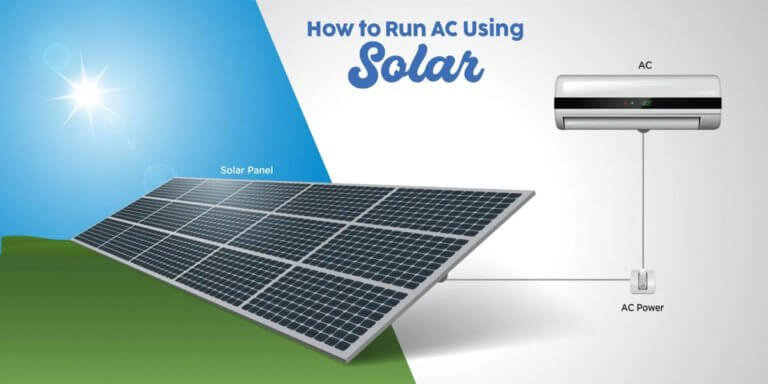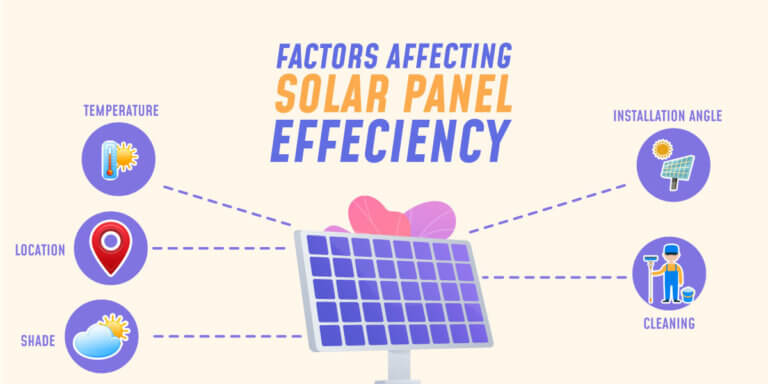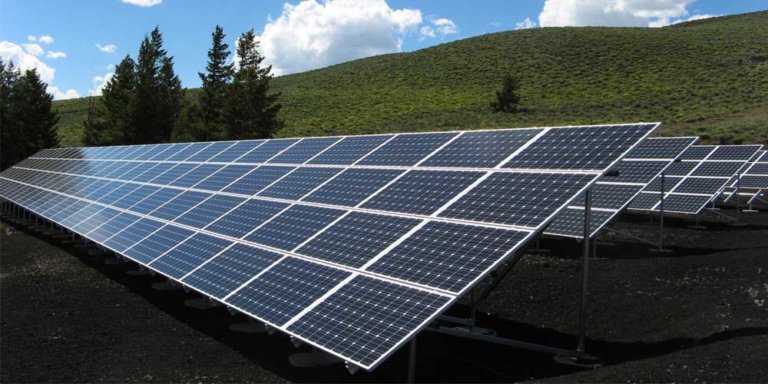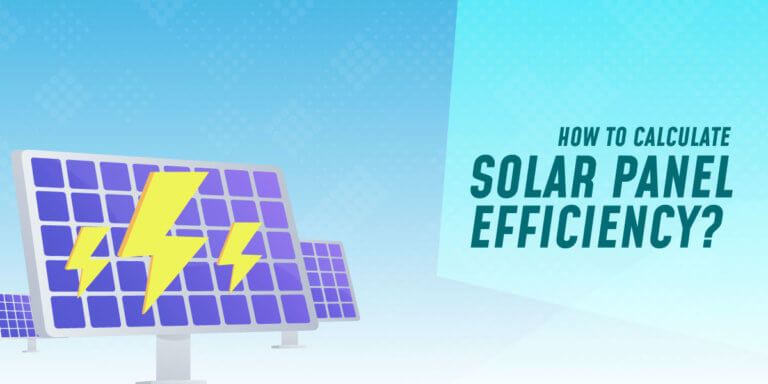Can You Sell Solar Power Back to the Grid? How Much Can You Make?
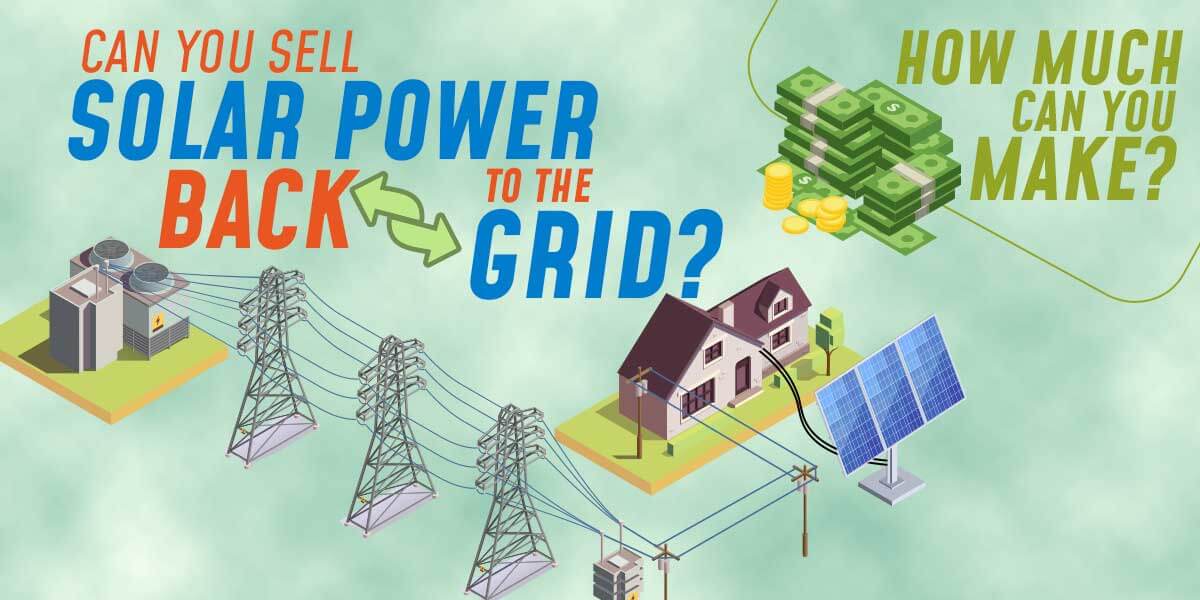
Picture this: you have successfully installed solar panels on rooftop at your office or home and feel good about it. An eco-friendly renewable solution that is also cost-effective with seamless installation? You probably feel like you have bagged a deal of a lifetime.
You are pretty confident that you will be saving annual electricity costs along with the solar tax credit that the government throws in as an incentive. Right around then, you hear you can sell your solar power back to your utility company. Didn’t quite get it?
In this article, we will discuss how selling solar power to generate income is a viable option that many are currently availing of. If you are a savvy consumer with solar systems installed at your home or office, let us tell you how you can add some more to your wallet by doing next to nothing!
Understanding Net Metering
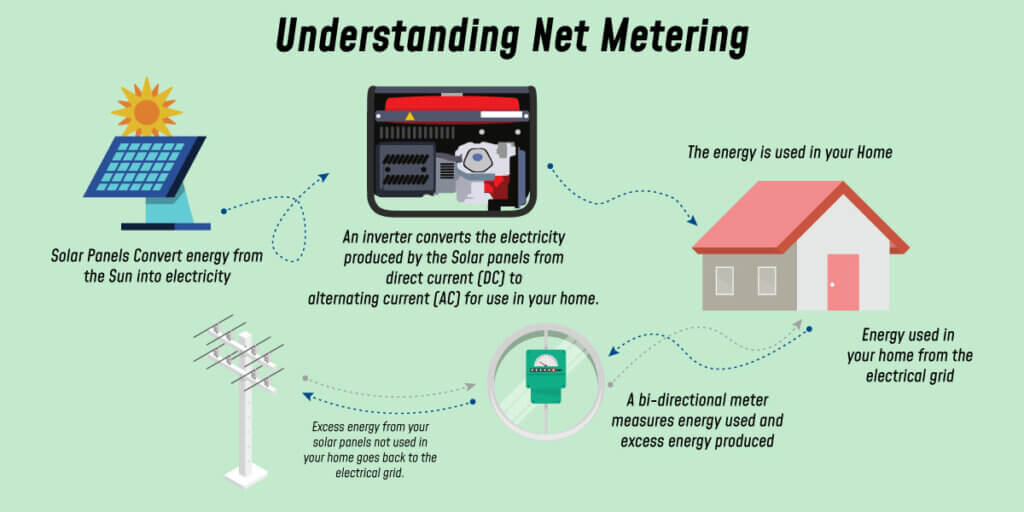
It is common for your residential solar system to produce more energy than your house or office consumes. Nearly 20 to 40% of collected solar energy regularly goes to the grid. This is what the system of net metering is based on. It allows customers to take the surplus solar energy and sell it back to utility companies, which in turn helps reduce their electricity bills if their electric bill is high.
As per the US government’s mandate, each state is required to buy surplus energy from the residents, but the way it happens might differ from one state to the other.
Calculating the total generated energy to determine the estimated surplus requires energy measuring equipment. According to Residential Solar Panels, “Most existing homes and businesses will have a power meter attached to them with gauges that run forward and backward, tracking energy use.
Inside the meter should be what is known as an ‘inverter.’ The inverter allows the company to measure how much power you are generating.” For the most part, companies will add a credit to your monthly bill if you generate more power than you are consuming. Depending on each month, the utility company will decide what the payback for solar power will look like.
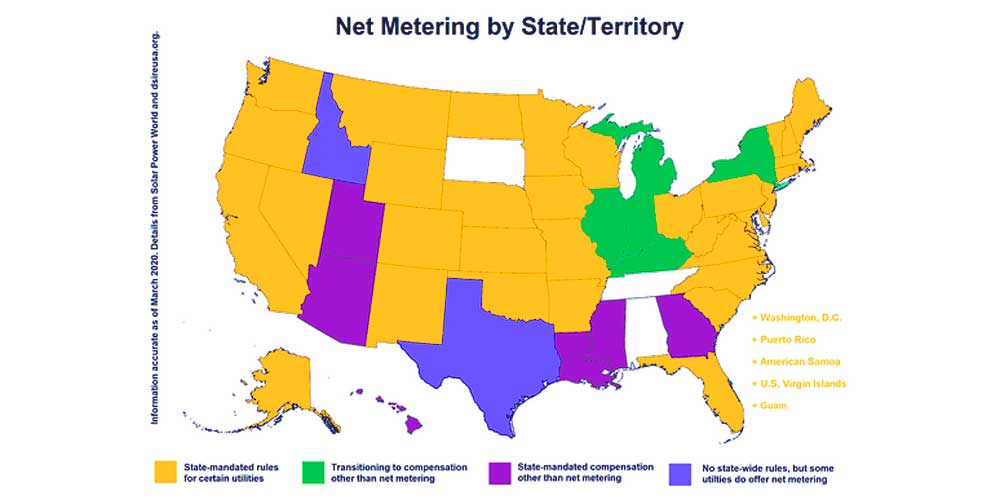
The important thing to know is that it is not as simple as your utility company coming to your doorstep with hard cash or sending you a check at the end of each month.
There are several guidelines and other things to take care of, depending on where you live. Nonetheless, net metering can be a bonus to whatever you invest. Let’s see how it works:
Study Net Metering Agreements With Your Utility Company
If you are asking whether selling solar power to generate income is a viable option, the answer surely is a resounding yes. Still, the net metering agreement must be taken note of.
Businesses that generate their solar power usually enter into a billing and metering agreement known as a net metering agreement with their local utility provider when they connect a photovoltaic system to the power grid.
Per this agreement, the solar-generating business is to be charged for their net power usage with the precondition that if it generates excess power than is used, that will be duly credited.
Does this mean your service provider sends you a check? No, it simply means your energy costs are offset. In a few cases, depending on the type of production facility, your utility service provider might even opt to send a check.
How Can You Earn with Excess Generated Solar Energy
More than 40 states allow some form of net metering with the simple clause that you must generate surplus energy through your solar system. Make sure you study your electricity bill daily to determine your average energy use and calculate the estimated surplus. You can have an expert conduct an energy audit as well.
Ensure the solar panel system you have installed will generate more than ample power to cover your needs. Hence, the name “net metering.” A special meter will measure the net electricity generated, and the utility company will pay you.
What are SRECs and How Can You Make Money With Them?
You can make money simply by selling SRECs (solar renewable energy certificates) in many states. These are certificates that solar energy owners earn for each 1,000 kWh or 1 MWh produced by their solar system.
It can be registered and sold in the SREC market, which can, in turn, help generate additional income from your solar module. This way, you are getting money for your energy generation but not necessarily selling your electricity per se.
The SREC is the brainchild of Renewable Portfolio Standards or RPS, which are meant to develop green portfolios of utility companies, in turn facilitating the achievement of a state’s renewable energy goals.

The electricity that forms your SREC is generated by your solar module that has been used, stored, or even sent to the grid. You are essentially selling the greenness of your system.
The prices of SRECs can vary depending on location and when you are trying to opt for them, as directed by the SREC market. So, supply and demand will decide the payout. If your state generates more solar electricity, SRECs will sell it for lesser amounts.
You cannot simply create a large solar system and generate tons of SRECs to make hefty sums by selling it off since the money made from it will barely even make up for the cost of the system’s installation. However, it can still provide a nice, passive income that can offset ongoing transmission costs that the utility company charges.
Lastly, utilities often limit the size of your solar system to nearly 100% or a little above your building’s entire electricity usage, so you can only generate enough to offset the building’s usage.
Closing Thoughts
Every time you choose to install solar panels, you choose with myriad benefits for both your sake and the environment. When it involves additional perks such as recouping credits on your energy bill, courtesy of unused solar energy, it’s a choice you can feel much better about. Undoubtedly, being at the forefront of innovative solar technology has its merits!

